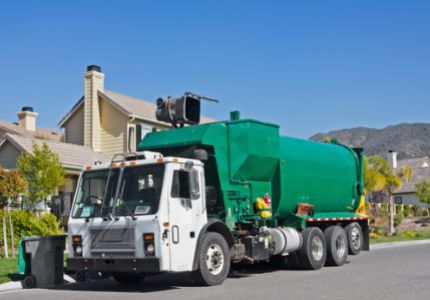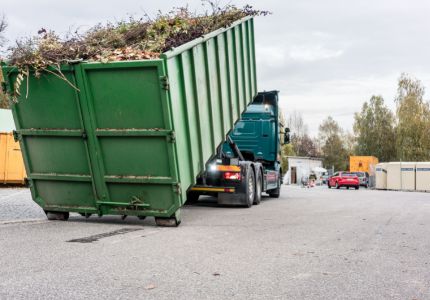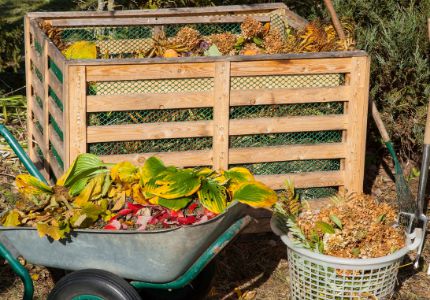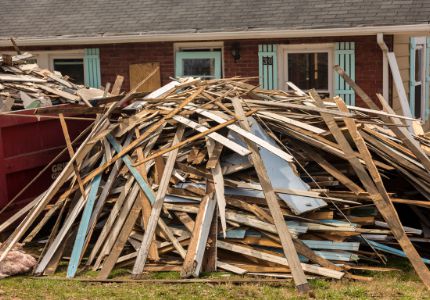Haulers
Each jurisdiction plans for and implements its own solid waste management programs, including organics recycling. Each local program is based on state minimum standards, including collection service options, container color and labeling requirements, and contamination monitoring. Hauler requirements at the local level vary depending on the type of hauler.
Franchised and Public Contract Haulers
- Jurisdictions must require haulers to comply with the requirements of Article 3 as a condition of their contract, agreement, or other authorization to collect organic waste within the jurisdiction. Model Franchise Agreement
- Jurisdictions must require haulers to identify the facilities to which they will transport organic waste.*
- Haulers must obtain and maintain documentation of jurisdiction approval to haul organic waste within the jurisdiction.*
- Jurisdictions that have a rural exemption, low-population waiver, or high-elevation waiver and haulers and self-haulers operating or located within these jurisdictions are exempt from these requirements.
*Haulers transporting source separated organic waste to a community composting site or lawfully transporting construction and demolition debris in compliance with the CALGreen requirements are exempt from these requirements.


Self-Hauler (Including Landscapers)
- A jurisdiction must adopt an ordinance or a similarly enforceable mechanism if it allows the self-hauling of organic waste by residents, businesses, and landscapers within the jurisdiction.
- If self-hauling is allowed, all self-haulers may either:
- Separate generated organic waste from non-organic waste on site and haul the organic waste to a solid waste facility operation, activity, or property that processes or recovers the waste; or
- Collect comingled organic waste onsite and haul it to a high-diversion organic waste processing facility.
- Businesses that self-haul their organic waste must keep a record of the amount of organic waste delivered to each solid waste facility or activity that recovers it.
Records are subject to inspection by the jurisdiction.
- Residents do not need to maintain records.
- Jurisdictions that have a rural exemption, low-population waiver, or high-elevation waiver, and self-haulers operating or located within these jurisdictions, are exempt from these requirements.
Self-Haulers to Community Composting Sites
- A resident or business may choose to give its material to a community composting site.
- Community composters may pay generators for their material; however, they cannot charge a hauling fee if there is a franchise hauler. Community composters should consult with the local jurisdiction to determine what is allowed.


Construction and Demolition (C&D) Haulers
- Organic waste, such as wood, paper, and cardboard, that is in mixed C&D debris needs to be recovered.
For more information contact: Short-Lived Climate Pollutants (SLCP), Organic Waste Methane Emissions Reductions, SLCP.Organics@calrecycle.ca.gov
